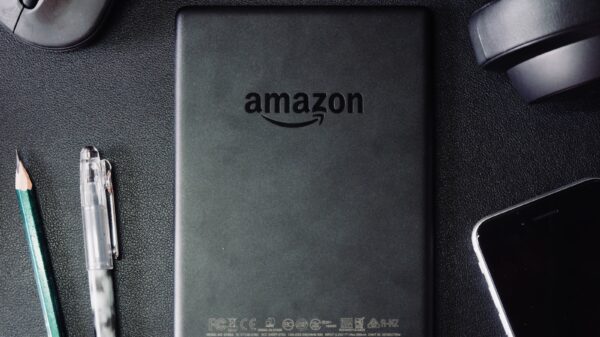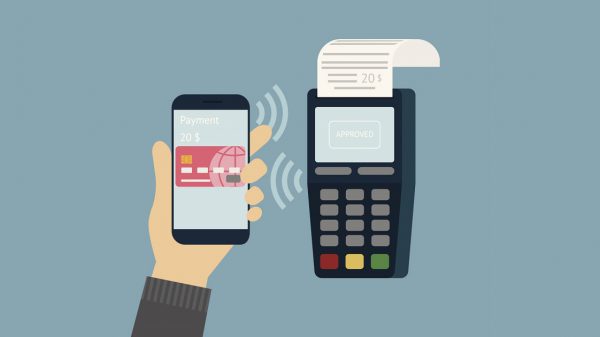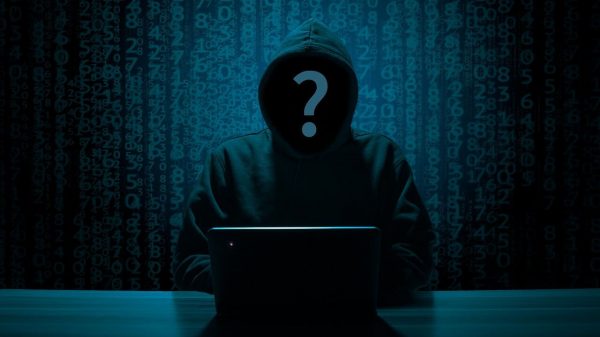This follows the trend of several government institutions adopting facial recognition systems for attendance to avoid contact-based mechanisms due to COVID-19.
The Ministry of Health and Family Welfare (MoHFW) has proposed a facial recognition system for verifying candidates who appear for online examinations conducted by the All India Institute of Medical Sciences (AIIMS). AIIMS New Delhi conducts various academic, recruitment, and professional examinations across the year, which indicates that scores of candidates will be under surveillance and their biometric data will be stored with the institute for six months, a tender floated by the Ministry said. However, the tender does not provide any information on whether this data is going to be shared or how it will be used.
Why it matters? Lately, there has been a spurt in the adoption of facial recognition systems by various government departments and institutions in a bid to maintain social distancing measures and other COVID-19 guidelines. However, the question is whether this technology, once installed, will be abandoned once the pandemic subsides. It is important to ask this question because there is no legislation presently that regulates facial recognition technology. Although, the Personal Data Protection Bill, which might be introduced in Parliament during the Winter Session, could address a few aspects of this technology.
The broader idea behind this tender is to install a recording and surveillance system “to monitor various activities of the candidates and other persons at examination centres spread all over India” and to provide “Advance Biometric Capture & verification services for touchless iris capturing, facial recognition by verifying candidate’s identity on real-time basis, digital fingerprint capturing at different stages of examination,” the tender floated by the MoHFW said.
Scope of work in terms of surveillance and facial recognition
- Setup up hardware, internet connectivity, and up-linking facility without interruption for live streaming of CCTV footage from examination centre at the examination control room.
- Retain the recording for a period of 6 months from the date of examination in a secure cloud with encryption and audit trail of an access log. The tender said that the selected vendor would be held responsible for any security breach or loss of data.
- The vendor will have to submit the recording to AIIMS whenever required with the necessary certificate to certify that the footage is genuine. The tender added that the vendor must obtain permission in writing from AIIMS, New Delhi before deleting any footage.
- Real-time touchless facial, iris, or digital fingerprint verification of the candidate’s identity will be carried out at any stage of the examination process and after the exam (at least two times), at any AIIMS examination centres across India.
Mock drills to be conducted before examination
The tender said that to ensure the uninterrupted functioning of CCTV surveillance and facial recognition system, mock drills will be conducted at all examination centres before the date of the examination. “The final mock drill to be conducted a day before actual examination on all centres at same time just like simulating for the examination day. All computers including buffer computers to be used on examination day shall be logged in through dummy roll numbers and report shall be submitted to the examination section,” the tender read.
Before the examination, the vendor also has to set up a command control centre at AIIMS New Delhi where 200 desktops are present. The selected vendor will have to integrate the FRT and other biometric systems with the available desktops. “However, the location of control room may change in exceptional cases and service provider has to provide services as per scope of work at changed location of control room,” it added.
How will the facial recognition system work?
- AIIMS will provide centre-wise data such as roll numbers, photos, name, exam date/shift, etc of all registered candidates to the vendor, who will then use this data for facial recognition and other biometric verification.
- Bar code scanner and integrated hand-held touchless iris/fingerprint/facial recognition scanner will be given to each person who is responsible for verifying candidates at each examination centre.
- Firstly, the admit card of the candidate will be scanned with the QR code scanner. Thereafter, a candidate’s iris/fingerprint will be scanned and finally, their face will be scanned by a hand-held device before the beginning of the examination.
- The tender said that there should be one hand-held biometric scanner for every 100 candidates.
Data of students should be secure: Experts
“The use of Facial Recognition in examinations seems to be picking up pace in India, however, there needs to be a protocol in place that prevents students from being denied access merely on the basis of these verification systems. Additionally, there should be protocols or standard operating procedures in place for use of these systems, training of personnel, data collection, processing, retention and security,” Shweta Mohandas, policy officer at Centre for Internet and Society told MediaNama.
Regarding the tender, Mohandas said that although it was fairly comprehensive in terms of its data retention policy, it needed to lay “out security standards and encryption protocols clearly in order to ensure that the data of the students is secure.”
A similar concern was raised by Amay Jain, Associate, Victoriam Legalis – Advocates & Solicitors. Jain said, “In light of the recently unveiled tender document for empanelment of experienced agencies/firms to provide live CCTV surveillance, biometric authentication and frisking service for Computer Based Test examination being conducted by AIIMS, New Delhi, it is inevitable that certain privacy and data protection related concerns come to fore.”
Given that technological measures such as touchless IRIS capturing; facial recognition and digital finger print capturing are sought to be used on a real time basis, it is likely that loads of private data including data consisting of personal information; private details and profiles might be required to be collected, captured, recorded or accessed by the entity to whom this tender gets allotted — Amay Jain, Associate, Victoriam Legalis – Advocates and Solicitors
Nakul Batra, Associate Partner, DSK Legal said, “Apart from meeting the consent requirement, institutions collecting CCTV footages for FRT must ensure that they follow appropriate procedures and standards for collection and processing of information collected through CCTVs, limit the duration of the information storage, justify the purpose for which information is collected, processed, and stored, and remain accountable.”
Adoption of facial recognition by other education administrators
Long before COVID-19 led to an increase in the adoption of such technology, several educational establishments tested out facial recognition tools for purposes such as recording attendance and checking malpractices.
- Punyalok Ahilyadevi Holkar Solapur University in Solapur, Maharashtra: Better known as PAH Solapur University, the institution sought to introduce a facial recognition-based attendance system for its 300 employees in April, according to tender documents reviewed by MediaNama.
- Rajiv Gandhi University of Health Sciences (RUGHS), Bengaluru: In March last year, Deccan Herald reported that RGUHS will use facial recognition of students from 2020-2021 academic year to check malpractices during medical and dental examinations. Deccan Herald had quoted the university’s vice-chancellor as saying, “This is mainly to avoid malpractices like impersonation during examinations.” He also said that the Face ID will be linked to Aadhar.
- Two schools in Chennai: According to the Hindu, the Tamil Nadu e-Governance Agency introduced a facial recognition-based attendance system in schools in Chennai. An official had clarified to the newspaper that the cameras are not for surveillance but are just kept active for the duration when attendance is marked.
- For admissions into degree courses in Telangana: According to another report in the Hindu, the Telangana State Council of Higher Education introduced facial recognition systems where students need to upload a photo of themselves and the system would generate all the details. For this to work, a student needed to download the Telangana government’s app T App Folio, upload a selfie, and provide details such as Aadhar number and registered mobile number.
Also read
- Defence Ministry looking to install facial recognition-based attendance at its PSUs
- The COVID-19 Pandemic requires us to reconsider the Internet as infrastructure
- Facial authentication for vaccination not the same as facial recognition: Nandan Nilekani
Update, August 3, 4.30 pm: Added a quote to the story
Have something to add? Subscribe to MediaNama and post your comment
























You must be logged in to post a comment Login